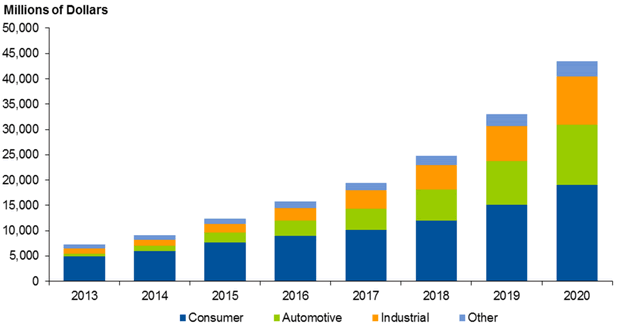 Apple will be banned from selling its iPhone and Apple iPad in Russia, from January as the Russian Orthodox Tsar Putin orders a crackdown on the cargo cult.
Apple will be banned from selling its iPhone and Apple iPad in Russia, from January as the Russian Orthodox Tsar Putin orders a crackdown on the cargo cult.
Initially appeared that Apple was being banned from Russia because it has a gay CEO and Putin is homophobic in such a way which caused a business group to dismantle a memorial to Steve Jobs in St. Petersburg. It turns out that the reason is a little more sensible.
The iCloud that has Russian authorities concerned because data saved in it is not stored locally and is wide open to any US spook who wants to have a look at it. It could also contain pictures of homosexual romps in the Kremlin which could be distributed on 4Chan for a laugh.
The law was not created to harm Apple specifically, as it applies to all online services including social networks which have their servers in the US. However, it will probably harm Apple more.
Apple could put up a server farm in the country, but that that would mean that the data could be sniffed by the Russian spooks, and Jobs’ Mob only gives its data to the Americans.
What will get sticky is when Russia enforces the ban at the retail level. Those in Russia who currently own an iPhone or iPad that supports iCloud, might have to put up with relentless searches from the authorities.
It is not a big problem for Apple. Unlike China where there are people prepared to sell a kidney to own one of its phones, Russians are a little more pragmatic about handing over two months’ salary for a gadget which will be out of date in a year. An iPad and iPhone ban will only extend to the Russian mafia who are the only ones who can afford them.




















